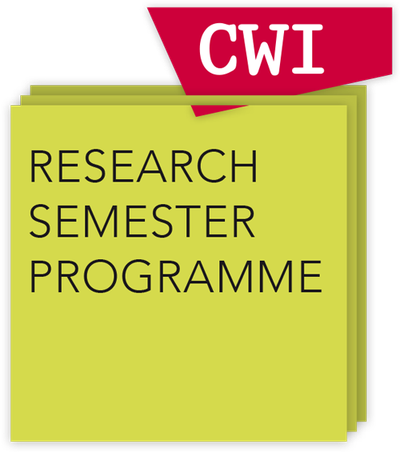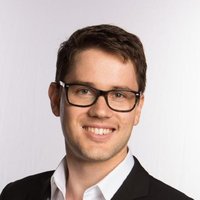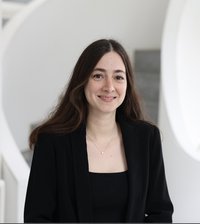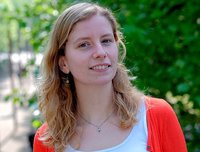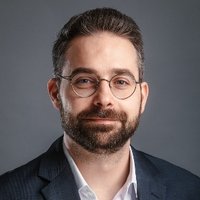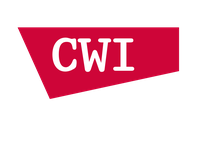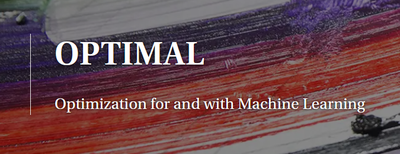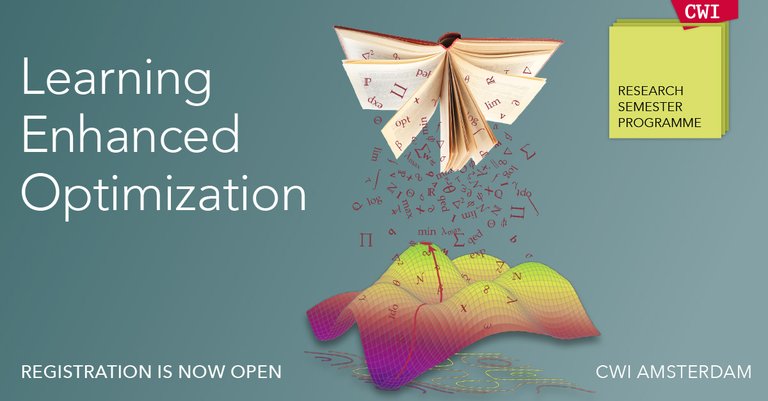MONDAY 3 NOVEMBER
Title:
Deep Learning Enhanced Robust and Bilevel Optimization
Abstract:
Solving robust and bilevel optimization problems can be computationally very demanding, especially if the decision variables are integer. We show in this talk that trained neural networks can be used to support classical solution methods, leading to significantly faster methods which achieve high quality solutions. For two-stage robust optimization problems we train hand-crafted neural networks to predict the optimal value of the second-stage problem. These networks can be incorporated into the classical column-and-constraint algorithm leading to significant speed-ups. For bilevel optimization we train neural networks to predict the optimal value of the follower. These networks can be used to derive tractable formulations of the so-called optimal-value function reformulation of the bilevel optimization problem.
Title:
Decomposition algorithms for stochastic mixed-integer programs
Abstract:
We review primal and dual decomposition algorithms for stochastic mixed-integer programs. This includes a Benders' decomposition algorithm, in which we iteratively construct tighter lower bounds of the expected cost functions using so-called scaled optimality cuts. We derive these cuts by parametrically solving extended formulations of the second-stage problems using deterministic mixed-integer programming techniques. The advantage of these scaled cuts is that they allow for parametric non-linear feasibility cuts in the second stage, but that the optimality cuts in the master problem remain linear. We establish convergence by proving that the optimality cuts recover the convex envelope of the expected second-stage cost function.
Title:
Robust Spare Part Inventory Management
Abstract:
We focus on the spare parts inventory control under demand uncertainty, particularly during the New Product Introduction (NPI) phase when historical data is limited. Most conventional spare parts inventory control models assume demand follows a Poisson process with a known rate. However, the rate may not be known when limited data is available. We propose an adaptive robust optimization (ARO) approach to multi-item spare parts inventory control. We show how the ARO problem can be reformulated as a deterministic integer programming problem. We develop an efficient algorithm to obtain near-optimal solutions for thousands of items. We demonstrate the practical value of our model through a case study at ASML, a leading semiconductor equipment supplier. The case study reveals that our model consistently achieves higher service levels at lower costs than the conventional stochastic optimization approach employed at ASML.
TUESDAY 4 NOVEMBER
Title:
Predicting Willingness to Vaccinate While Optimizing Mobile Clinic Routes in Kenya
Abstract:
Kenya presents major challenges in terms of access to healthcare. While urban areas such as Nairobi are relatively well served, remote regions have limited or no access to health centers. Mobile clinics are therefore essential both to respond during outbreaks and to deliver preventive vaccination campaigns.
This work presents a decision-support tool for optimizing the routing of mobile clinics, using COVID-19 vaccination as a use case. A major challenge lies in the scarcity and unreliability of data: it is often unclear who has already been vaccinated and who is likely to accept vaccination. At the same time, vaccines such as those against COVID-19 require strict cold-storage as per WHO guidelines, making the logistics of vaccination campaigns complex and resource-intensive.
We address these challenges through an integrated framework that combines predictive modelling and optimization. Our method leverages the machine learning extension to Gurobi—an evolution of OptiCL, the open-source framework created by Donato Maragno and Holly Wiberg (https://github.com/hwiberg/OptiCL), to incorporate learned constraints that estimate demand and willingness to vaccinate. These are integrated into a routing model with lazily generated subtour elimination constraints, enabling efficient and adaptive planning of mobile clinic operations.
(Main researcher: Mayukh Ghosh | Team: Mayukh Ghosh, Chintan Amrit, Joaquim Gromicho)
WEDNESDAY 5 NOVEMBER
Title:
Reconstructing phylogenetic networks by combining cherry picking and machine learning
Abstract:
Title:
On the Approximability of Train Routing and the Min-Max Disjoint Paths Problem
Abstract:
In train routing, the headway is the minimum distance that must be maintained between successive trains for safety and robustness. We introduce a model for train routing that requires a fixed headway to be maintained between trains, and study the problem of minimizing the makespan, i.e., the arrival time of the last train, in a single-source single-sink network. For this problem, we first show that there exists an optimal solution where trains move in convoys---that is, the optimal paths for any two trains are either the same or are arc-disjoint.
Via this insight, we are able to reduce the approximability of our train routing problem to that of the Min-max Disjoint Paths problem, which asks for a collection of disjoint paths where the maximum length of any path in the collection is as small as possible.
While Min-max Disjoint Paths inherits a strong inapproximability result on directed acyclic graphs from the Multi-level Bottleneck Assignment problem, we show that a natural greedy composition approach yields a logarithmic approximation in the number of disjoint paths for series-parallel graphs.
We also present an alternative analysis of this approach that yields a guarantee depending on how often the decomposition tree of the series-parallel graph alternates between series and parallel compositions on any root-leaf path.
